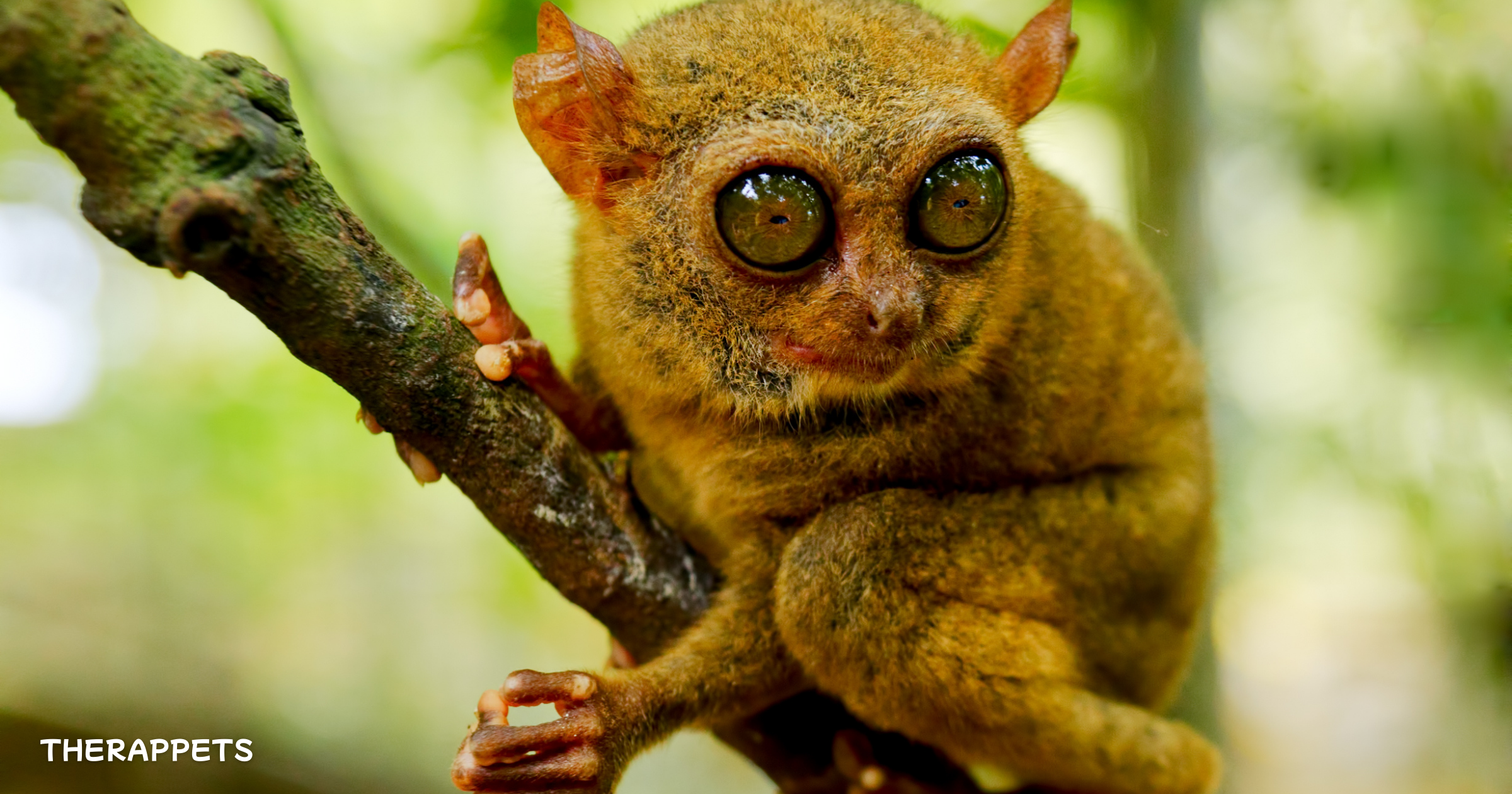Have you ever wondered, "Can a tarsier be a pet?" The answer might surprise you. While their wide, expressive eyes and tiny bodies make them look like perfect companions, the truth is far from it. In this article, we'll uncover the shocking realities of keeping a tarsier as a pet and why it's not just challenging—it's harmful.
What Is a Tarsier? A Glimpse Into Their Wild Nature
Tarsiers are small primates in Southeast Asia, known for their large eyes and incredible jumping abilities. Unlike typical pets, tarsiers have highly specialized needs that reflect their wild habitats. They are nocturnal creatures, relying on complete darkness and silence to thrive.
For more fascinating insights into exotic pets, check out Exotic Pets as Companions for Emotional Support.
Can a Tarsier Be a Pet? Understanding the Challenges
Despite their adorable appearance, tarsiers are not suitable as pets. Here's why:
- Stress Sensitivity: Tarsiers are extremely sensitive to stress. Loud noises, bright lights, and human handling can cause severe anxiety.
- Dietary Needs: Their diet consists mainly of live insects, which is difficult to replicate in captivity.
- Legal Issues: In many countries, it's illegal to keep tarsiers as pets due to conservation laws.
Learn more about legal considerations with Fair Housing Rights for Emotional Support Animals.
The Ethical Dilemma: Impact on Conservation
Keeping tarsiers as pets contributes to the decline of their wild populations. The exotic pet trade often leads to habitat destruction and unethical capture practices.
Discover the importance of animal welfare in Benefits of Animal-Assisted Therapy: How Animals Aid Healing.
Are There Any Alternatives?
If you're fascinated by tarsiers, consider supporting wildlife sanctuaries or observing them in eco-friendly tours. This way, you can appreciate their beauty without harming them.
Interested in unique animal companions? Check out Squirrel as a Pet Guide.
Conclusion
So, can a tarsier be a pet? The simple answer is no. Their complex needs, sensitivity to stress, and conservation concerns make them unsuitable for domestic life. Instead, let's celebrate these incredible creatures by supporting their natural habitats and ethical conservation efforts.

